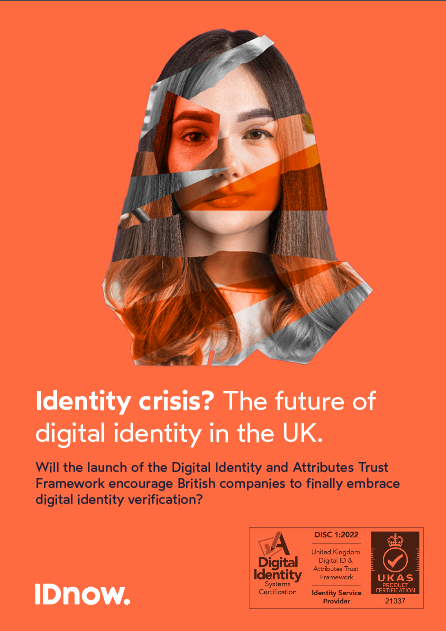How inclusive are your services? We explore how video verification can help give your company a competitive edge.
Inclusiveness escaped mere buzzword status and took some significant steps into the mainstream in 2023. This year, it’s sure to become an even more important competitive differentiator.
Being able to offer a truly inclusive workplace; one that is respectful of a team’s differences, whether that be gender, race, sexuality, or disability is a non-negotiable for the modern workforce.
Indeed, a more diverse and inclusive corporate culture has been shown to create multiple benefits, including:
- Bigger talent pools
- More ‘heard’ and satisfied staff
- Better reputation among peers
- Optimal business performance
- Improved understanding of customers
But, what about a company’s actual customers? Besides the carefully crafted core values, and specific selection of stock photographs on a company’s website, how accessible are their products? How easy do organizations make it for customers to register, to use, and to integrate their services into their daily lives?
Accessibility for all.
With over 80 different cultural descriptions of gender, amid growing sentiment that people should be able to self-identify, the challenge to offer fully inclusive identity verification has become increasingly complicated. Nobody should be denied access to online products; whether that’s opening bank accounts, renting scooters, or any other service that requires users to verify their identity.
There are many factors that can lead to inequality and a lack of inclusiveness in identity verification. For example, deeply entrenched racial bias has been discovered in many AI-based identity verification systems. Facial recognition software, in particular, has a long history of failing to recognize certain ethnicities. Other incidents of racial bias include black applicants receiving a disproportionate percentage of rejections via an AI-based applicant screening process. In 2022, the UK data watchdog, the Information Commissioner’s Office (ICO) began a three-year study into ‘AI-driven discrimination’ by analyzing the effects of using algorithms to sift through job applications.
The use of AI has also revealed a worrying trend to discriminate against women by, for example, continuing to use gendered terms like policeman or fireman in text creation. In AI-prompt video generation, traditionally female roles, like carers, are still depicted by females.
There has also been evidence of higher gender identification error rates among female subjects by AI-enabled computer vision systems.
Fighting bias, one face at a time.
In a bid to break down the barriers of bias, IDnow is collaborating with 12 European partners, including academic institutions, associations and private companies, as part of the MAMMOth project.
Funded by the European Research Executive Agency, the goal of the project is to study existing biases and offer a toolkit for AI engineers, developers and data scientists so that they may better identify and mitigate biases in datasets and algorithm outputs.
Great UX for all users.
Additional factors such as age, disability, and neurodiversity are other areas that pose usability and inclusivity challenges, as is low proficiency in technology, or poor internet infrastructure.
There is also the issue of those who do not have identity documents. Populations without paper or photo ID face an uphill struggle to verify themselves digitally.
A lack of identification has always been a barrier to economic and social inclusion, and in the digital age, without access to digital IDs and digital verification solutions, this is still the case.
Approximately one in four people in the UK do not have traditional identity verification, yet smartphone ownership is on a steady march to capacity.
Identity crisis? The future of digital identity in the UK.

Inclusivity starts and ends with identity verification.
Bridging the inclusivity gaps requires inclusive design, technological adaptation, and policies that directly address accessibility and inclusivity needs.
IDnow’s video verification can help organizations improve inclusivity, accessibility, safety, and convenience for all. Our specially trained agents can help your most vulnerable customers and ensure they don’t miss out on the services they deserve.
By

Jody Houton
Senior Content Manager at IDnow
Connect with Jody on LinkedIn



